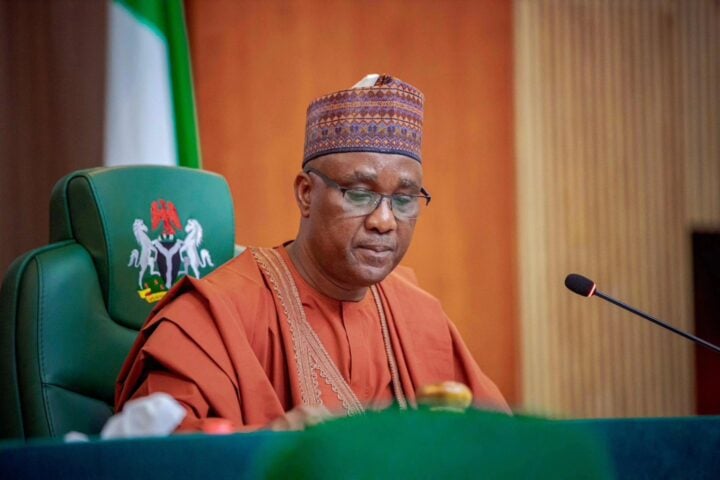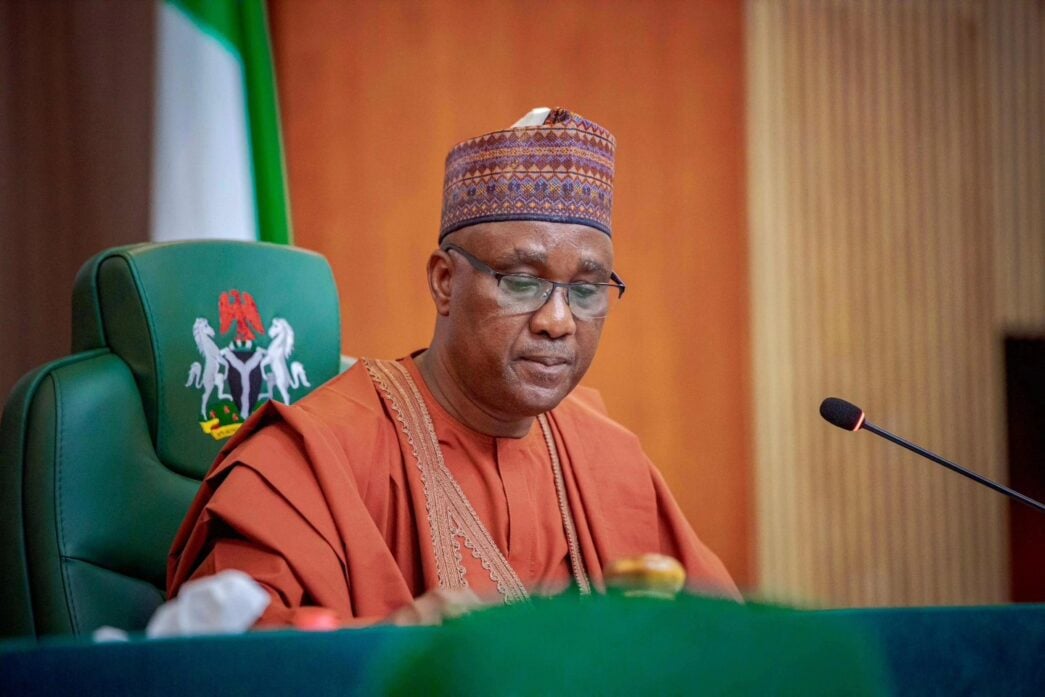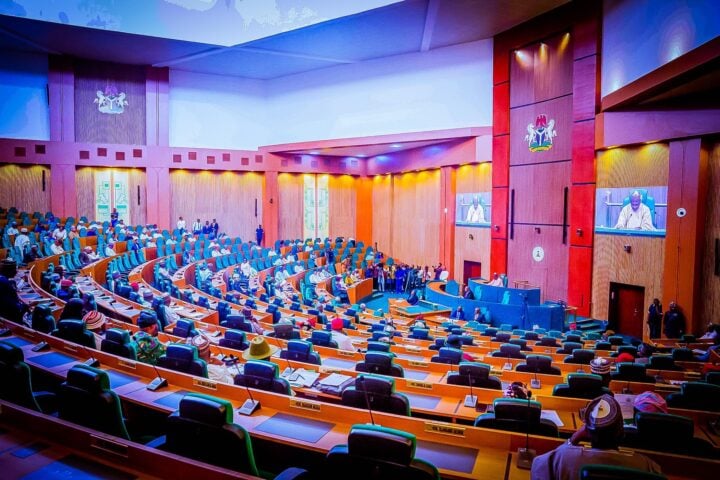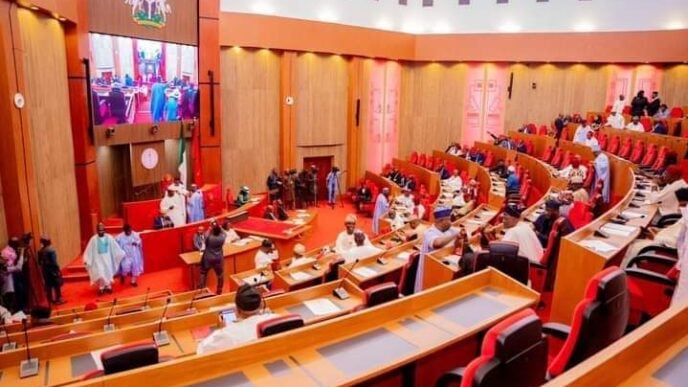Tajudeen Abbas, speaker of the house of representatives
Tajudeen Abbas, speaker of the house of representatives, says parliament must move beyond passing budgets to ensuring funds deliver real, measurable impact.
Abbas spoke on Monday in Abuja at the national conference on public accounts and fiscal governance, themed: ‘Fiscal Governance in Nigeria: Charting a New Course for Transparency and Sustainable Development’.
Abbas, who was represented by Julius Ihonvbere, the majority leader of the house of representatives, said sustainable development is unachievable without the absence of transparent and accountable fiscal governance.
“This conference should address the fact that fiscal transparency should no longer be confined to elite circles of technocrats and auditors; it must become a democratic right that empowers citizens to participate in shaping public policy,” Abbas said.
Advertisement
“This requires open budget portals, simplified audit reports, citizen scorecards, and performance dashboards that make government actions visible and verifiable.
“That is why the 10th house has prioritised the simplification and public accessibility of audit reports, making it easier for everyday Nigerians to engage meaningfully with government financial disclosures.
“True transparency, in this context, becomes a civic technology, a tool that deters corruption, builds public trust, and fuels national cohesion.
Advertisement
“At the outset of its inauguration, the 10th house of representatives resolved to reposition fiscal oversight as a cornerstone of legislative excellence.
“Over the past two years, we have advanced a deliberate shift by elevating financial accountability from procedural obligations to an active, results-driven process.
“Through expanded committee engagements, strategic interface with the Office of the auditor-general, and follow-through on past audit findings, we have begun to institutionalize a culture where public fund management is not only monitored but measured against actual impact.
“This includes the timely review of the auditor-general’s reports to ensure swift legislative action and follow-up. This transformation reflects our understanding that robust financial governance is not optional. It is foundational to building the Nigeria we all desire.
Advertisement
“It is no longer sufficient to pass budgets; the real legislative triumph lies in ensuring that budgeted funds lead to tangible public outcomes.”
Abbas said the green chamber has introduced reforms to “shift from input-based to performance-based budgeting”, linking budget provisions more directly to measurable service delivery outcomes.
He said the house will act a visible bridge between appropriation and service delivery.
“This is why the house organised a public presentation and debate over every appropriation bill after its presentation to the national assembly by the executive,” Abbas said.
Advertisement
He said the 10th house has expanded its post-budget engagements over the last two years, introducing performance reviews, on-site inspections, and sectoral audits that assess the real-world translation of appropriated funds.
Senate President Godswill Akpabio asked the national assembly’s public accounts committees to be resolute in enforcing transparency and accountability in ministries, departments, and agencies.
Advertisement
Represented by Abdul Ningi, senator representing Bauchi central, Akpabio said the proclivity of heads of MDAs ignoring summons will not be tolerated.
“Refusal to honour legislative invitations, especially from the public accounts committees (PACs), is unacceptable. This trend must be stopped,” he said.
Advertisement
“Heads of agencies, including the head of service and others, must recognise the authority vested in the legislature by the 1999 constitution as amended.
“It is your duty to track how revenues are collected, stored, appropriated, and implemented. Without accountability, there will be no prosperity. Without discipline, there will be no development.”
Advertisement
Bamidele Salam, chairman of the house committee on public accounts, said ensuring public funds are used for public good is sacrosanct.
“We recognise that our nation’s progress is inextricably linked to the effectiveness of our fiscal governance systems,” he said.
“It is our collective responsibility to ensure that public resources are managed in a lawful, transparent, prudent, judicious, accountable, and efficient manner.
Salami added that the committee is combating “corruption, impunity and abuse of due process in public sector financial management”.











